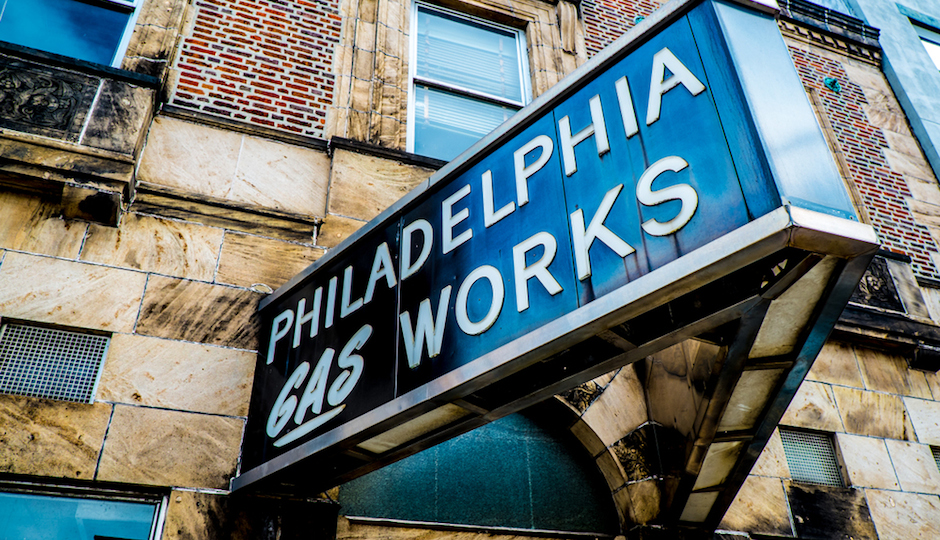UIL Explains Why It Wants to Purchase Philadelphia Gas Works — and What it Intends to Do With It

Photo | Jeff Fusco
One difference in managing the business, though, is that you have a unionized workforce that is used to municipal-level benefits.
We currently have six unions, so we’re not foreign to organized labor. Having six unions with six different contracts, whether you’re public or private, you have to be really focused on interests. We focus on an interest-based problem solving model that we think will work here, as well. Change is always something that concerns anybody. But some of the same concerns that we’ve heard locally here are the exact same concerns, quite candidly, that we heard when we bought the gas companies in 2010. Are you gonna lay off employees? Are the rates going to skyrocket? Are you going to be able to manage these companies? Do you have the financial wherewithal to do it? And I would say, go to Google Finance, go to Yahoo Finance. Don’t believe me, look at the stock. We’ve obviously been able to do it, we think we can do it here without any issue.
Philly is not only a larger market than what you’re used to, it’s in some ways more static. In your Connecticut and Massachusetts holdings, you’ve got competition from heating oil. Approximately 35 percent of businesses and households in UIL’s gas mains in Connecticut and Massachusetts markets aren’t natural gas customers. The upside of which is that it gives you room to grow. Gas is more dominant in Philly. There’s heating oil here but mostly it’s less than 10 percent of what’s being used. Without that competition, how does that change the nature of what you’re trying to do?
It has zero impact. And here’s a couple of reasons why. We have cities like Bridgeport, cities like New Haven, cities like Hartford, who are completely saturated with natural gas. It’s not as if there’s a lot of oil in those cities, because they’re more urban. So, you know, it’s not foreign to us that there is no opportunity to convert customers. That’s not really something we look to do. It’s an opportunity that presented itself in some parts of Connecticut. The only difference is we don’t have to put in effort for conversions because it’s already happened.
The reason I ask is because UIL is publicly held, and you guys have shareholders that you have to answer to. As I understand, Wall Street isn’t satisfied with a stable source of income — it likes to see growth in assets over time. How do you produce growth from what seems to be a static asset like PGW?
Well that is the growth. I would differ a little bit with the comment in that one of the reasons we have the type of investors that we have, more institutional investors, is because they expect a stable company. So we don’t have the wild swings that you would see from a number of different institutions. And we have investors who like that. Actually, they like the fact that we aren’t really unpredictable, that we are stable, that I know exactly what I’m going to get from this company. That’s kind of the point.
One of the other benefits of Philadelphia is we have what’s called “regulatory diversity” if this goes through. So that’s attractive to investors. So not only do I now have properties in Connecticut, I have properties in Massachusetts, and now I have properties in Pennsylvania. And all three have a commission that is a regulatory body. The more diversity I have, the less impact any one decision can have on my company and so that’s a positive thing. In fact, it doesn’t matter that I’m not converting customers. I’m making investments into a system, and that creates what’s called a rate base. Which is one of the main reasons we can do a lot more as an investor-owned utility than could PGW today. Because PGW isn’t set up or structured in a fashion that allows them to do investments as fast as we’ve been doing.


